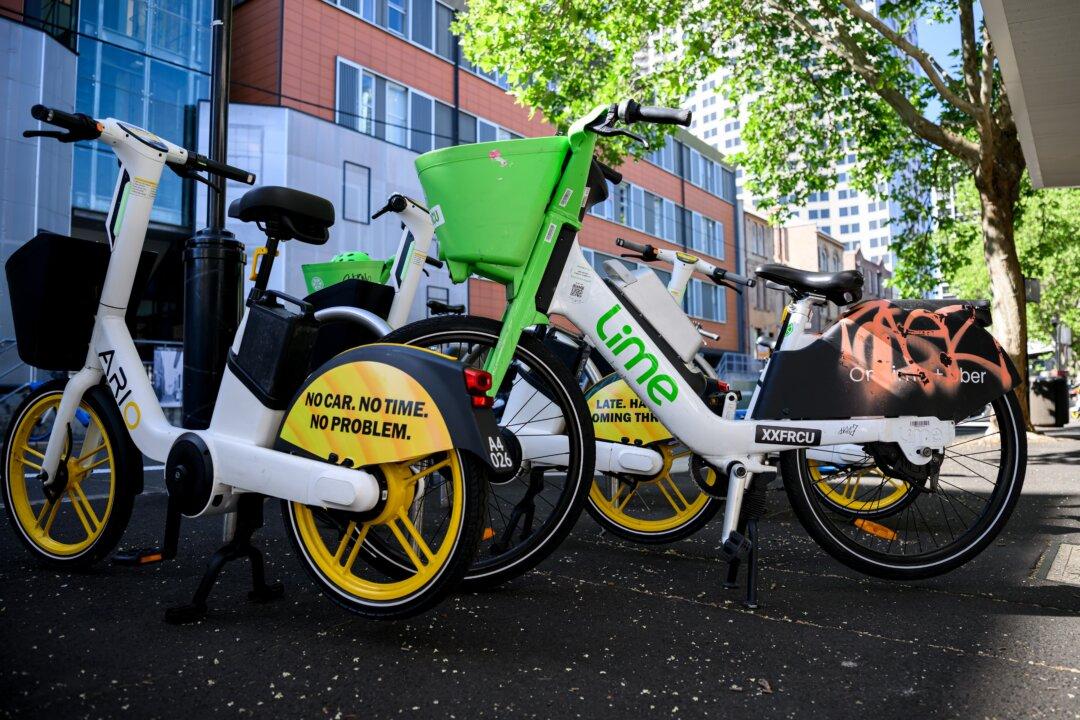A diverse group of Australian organisations “overwhelmingly” support a policy that would encourage car makers to bring more electric vehicles into the country, a new report says.
Greenpeace Australia released an analysis of 212 submissions to the National Electric Vehicle Strategy consultation, revealing 73 percent of all groups supported the introduction of a fuel efficiency standard, and none opposed the measure.





